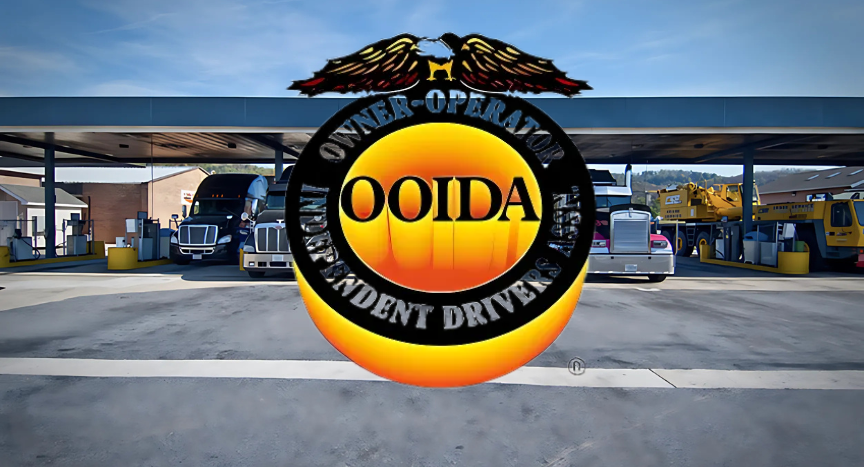While obtaining a cosmetology license in Missouri requires 1,500 hours of training, some truck driving schools in the state offer commercial driver’s licenses (CDLs) in as little as 24 hours. This stark contrast highlights an alarming issue within the trucking industry.
During a recent congressional subcommittee hearing, Lewie Pugh, Executive Vice President of the Owner-Operator Independent Drivers Association (OOIDA), stressed the need for more stringent training requirements for new truck drivers.
“In trucking, it’s just a matter of passing a test and getting a CDL, and then you can go anywhere in this country,” Pugh explained to lawmakers. “You take a kid who’s 21 years old. He’s never been out of Florida, and, all of a sudden, he’s heading to the Rocky Mountains in January. We’re probably setting ourselves up for disaster.”
Current Training Standards Lack Depth
Before 2022, entry-level truck drivers weren’t required to meet any formal training standards. Although the introduction of a new rule that year was a step forward, it still falls short. Drivers are not mandated to complete a minimum number of behind-the-wheel training hours.
OOIDA believes that a competent, well-trained driver is the key to improved highway safety. The association has called on Congress to strengthen these training requirements in the upcoming highway bill by introducing a minimum of 30 hours of practical, behind-the-wheel training for new truck drivers.
“We need to make the entry-level driver training program much more aggressive with real hours and real time behind the wheel so that these people are trained and trained correctly to be professional,” Pugh stated. “Until we take the time to invest in our drivers and do all of these things, we are going to continue to lose people from this industry.”
Congressional Support for Safer Roads
Rep. Eleanor Holmes Norton, D-D.C., voiced her agreement with the need for intense training standards. She emphasized how the upcoming highway bill presents an opportunity for Congress to enhance safety across the trucking industry.
“I have long supported strong entry-level truck driver training standards to ensure that truckers are fully prepared to safely operate their vehicles and deliver their freight,” she said. “Providing robust training empowers drivers to be safe and confident on the road.”
Fostering Truck Driving as a Long-Term Career
Cole Scandaglia, transportation policy advisor at the International Brotherhood of Teamsters, noted how more substantial training standards could elevate truck driving from just a job to a respected career.
Congress has a responsibility to ensure that the industry provides adequate preparation for newcomers, said Scandaglia.
“[Congress must ensure] that when drivers enter the industry, they’re entering the industry in a way that is going to ensure that this is a career for them,” he explained. “Unfortunately, there are people who go to fly-by-night CDL schools, and they get their CDL in six weeks. They show up to work, and it turns out they can’t back into a dock. That’s a problem, and that person is not likely to stay in the industry.
“So, from Congress’s perspective, I think there are things that can be done in the training sense. Unfortunately, a piece of what we need here is a private-sector response. We need trucking companies to not look at employees as folks you just churn through the meat grinder and then replace them again when they quit.”
Investing in Training for a Safer Future
A consistent theme emerged throughout the hearing: adequate training for truck drivers isn’t just about meeting minimum standards; it’s about prioritizing safety, professionalism, and career sustainability. By addressing the gaps in current training programs and introducing more robust requirements, Congress and the trucking industry can make meaningful progress toward safer roads and a stronger workforce.
With stakeholder advocacy from organizations like OOIDA and the Teamsters, the push for improved driver training standards could transform trucking into a safer, more sustainable, and more respected profession.
Source: Land Line











